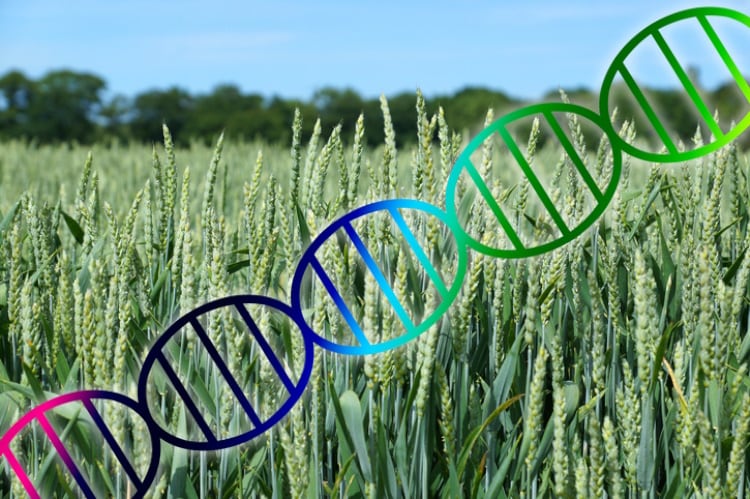Despite rapid advancements in various fields such as artificial intelligence, telecommunications, renewable energy and electric vehicles, the Asian continent has been notably slow in embracing biotechnology.
Concerns persist among Chinese consumers regarding the safety of GM crops.
Traditionally, the country has primarily imported GM corn and soybeans for animal feed purposes while cultivating non-GM varieties for human consumption. However, recent policy shifts have seen increased approvals for the cultivation of GM corn and soybean seeds, known for their higher yields and enhanced resistance to pests and herbicides.
Although adoption remains cautious due to health and ecological apprehensions, the Ministry of Agriculture has sanctioned the commercial cultivation of gene-edited wheat in Beijing.
Genetically modified vs gene editing
Unlike traditional genetic modification, which involves introducing foreign genes into plants, gene editing modifies existing genes to enhance performance, perceived by some scientists as a less risky approach.
Considering China’s status as the world’s leading wheat producer and consumer, this approval for the disease-resistant gene-edited wheat marks a milestone. It also plays into the increased need for food security, with China's population is estimated to be over 1.4 billion people in 2022, making it the most populous country in the world.
The move also opens up technological prospects for other GM crops intended for human consumption. As it is, the Ministry has given the green light for a new biotech corn variety with herbicide and insect-resistant traits, along with a high-yielding gene-edited corn hybrid.
Furthermore, Beijing is anticipated to enact new regulations this year regarding the labeling of GM crops used in food products. Safety certificates for these developments have been granted for a five-year period from May 5, according to a document released by the Ministry of Agriculture and Rural Affairs.
As the largest purchaser of soybeans and corn globally, China aims to boost domestic production through the utilization of higher-yielding seeds while reducing its yearly grain imports exceeding 100 million metric tons.





